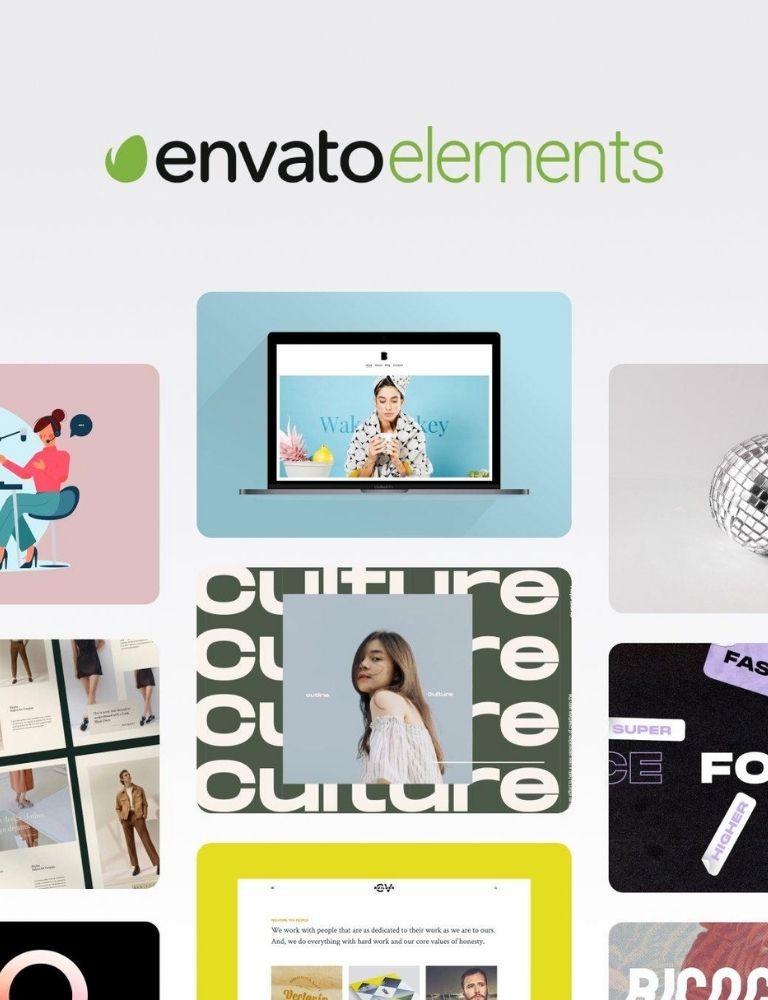Why Personal Branding Matters and How Is It Done? You may be wondering the answer to this question. In today’s rapidly changing and developing digital world, each individual has a unique brand and this determines how they are perceived. Therefore, it is extremely important to manage your personal brand in order to draw a successful career path and stand out in your industry.
To put it simply, the first thing that comes to mind when we hear the word “brand” are giant companies, bright logos and dominating names. But stop and take a closer look. You see, the concept of brand covers a much wider area; actually we all carry our own little brand. Well what does it mean? Yes, just as you guessed! We’re talking about personal branding. But why is personal branding so important and how can we make it happen? We are here to find the answers to these questions!
Let’s go on a journey that will inform you about this important issue and discover the tricks of personal branding. Remember, your personal brand is a book that tells your story, and you write this book. Now are you ready to learn how to write this book in the best way?

















